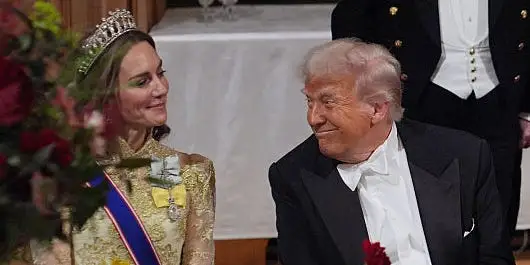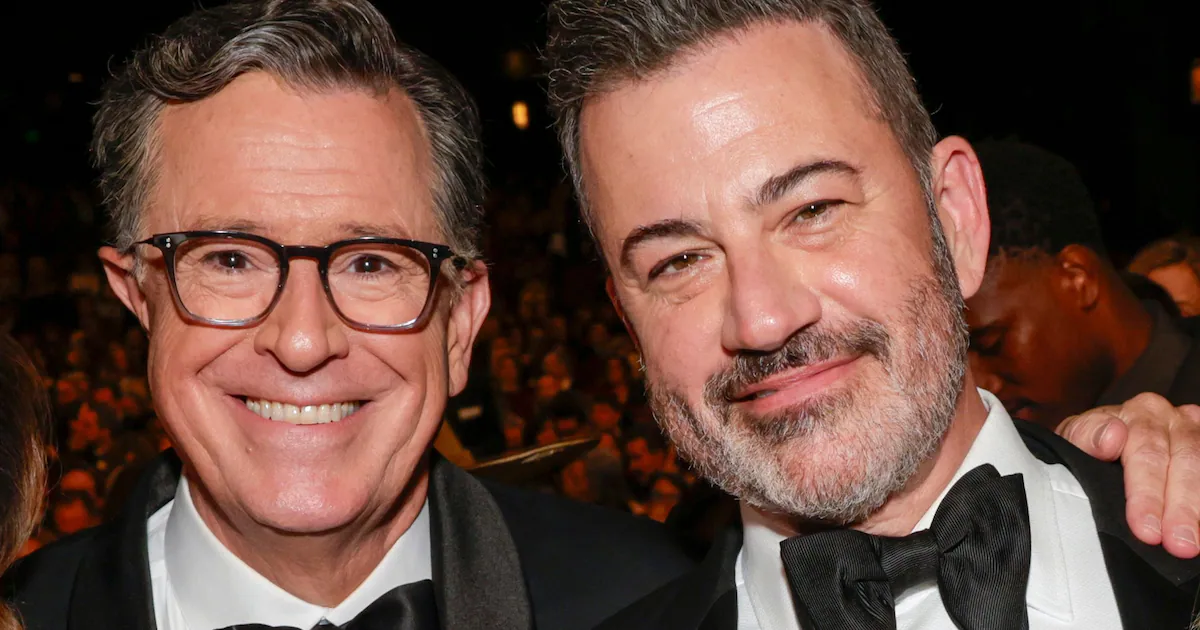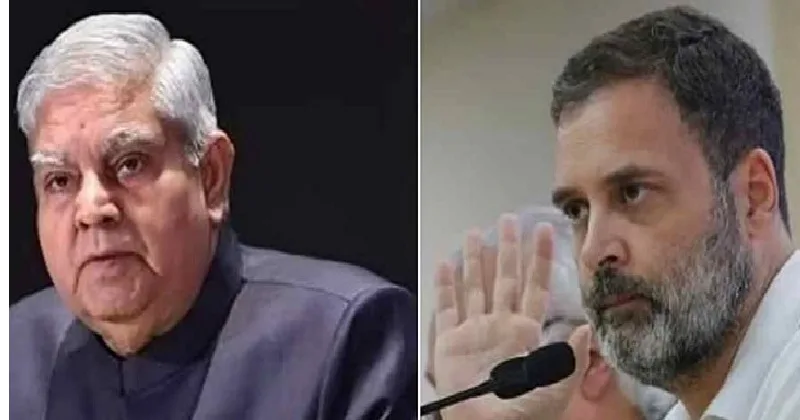
These late-summer days, between the Walker Cup and the Ryder Cup, are a good time to ask: What can each cup learn from the other?
The Ryder Cup is the biggest spectacle in golf. It’s huge. The Walker Cup (I’m here to tell ya!) could become the NCAA men’s basketball finale, if it played its cards right. It could be huge, too. Bigger is not always better, except when it is.
What makes the Ryder Cup special is something the European teams always seem to understand, and the American teams seem to be more confused about: By being about nothing, these Ryder Cups are about everything. That is, everything we love about sports. Golf has no other global Us v. Them competition. The Ryder Cup fills a void.
The Presidents Cup could have it, but the International team is not strong enough, most years, for anybody to care. The Walker Cup faces the same dilemma. (The U.S. leads the series over Great Britain and Ireland, 39-9-1.) The Presidents Cup is too derivative. It started as a JV event and there it remains. If you pulled the plug on it, there would be no rioting.
The four big events in golf are the Masters, the Ryder Cup, the British Open and the U.S. Open. The PGA Championship (I believe) needs to reinvent itself. The Walker Cup has nothing but upside. Maybe someday it could be played at Augusta National. The first PGA Senior Championship was played there in 1937 and it was smashing success. The Augusta National Women’s Amateur is, too.
The Masters is an annual mid-April tea party. It draws a massive and global viewership but has never lost its tea-party appeal. Good manners are a foundational part of golf. The U.S. and British Opens are the two true golf championships, but they are made by and for golf-to-the-bone golfers. They are not spectacles, and they don’t need to be. The Ryder Cup is.
The Ryder Cup is a three-day football game. The Patrick Mahomes version of football, or the one practiced by Lionel Messi — take your pick.
Ryder Cup Sunday is a fight night in broad daylight with 12 bouts on the card. You don’t have to know much about golf to fall into the spell of Ryder Cup golf. All you have to know is this bit of origin story: Europeans invented golf and in that sense they own it, the aboriginal version of the game. The real game. Americans turned golf into a science, a business and status symbol. We reinvented it, and we own this modern-life version of the game. So there’s a lot at stake, even if none of this message makes the airwaves. The tension is in the air.
If Ryder Cup golf was fundamentally about money, it would lose its appeal. The reason the European team is more likable than the American team is because the Europeans act (and likely are) less entitled than the American players and never talk about playing for anything other than pride. The reason the American team engenders such passion is we have had Hogan, Palmer, Nicklaus, Watson and Woods in U.S. uniforms. We have had the best of the best. You can’t name a modern-era fivesome of European golfers that can even sniff that American gang of five. For that reason alone, the Europeans will always be the underdogs. They play it well, even though for years now they have been the overdogs.
The reason the Super Bowl is the Super Bowl is because “the big game” (as every Hollywood script refers to it) has nothing to do with players cashing checks. They’re getting paid. (You get a $171,000 bonus just for being in the big game.) But if that money is a big deal to the players, we never hear about it. It isn’t. The movie “Any Given Sunday,” directed by Oliver Stone, does an incredible job of capturing the oxygen that every world-class athlete breathes: the obsessive desire to win, to dominate another person or team. Roger Federer never showed it, but it was there, and we loved him for it.
Tiger Woods couldn’t not show it. We were glued to his every gesture because of it. Tiger wanted what Roger had, but he wasn’t raised that way. Roger is European to the core. He was a tea party. The Super Bowl is a party party, marketed with such ferocity we are powerless in the face of its sales team. The Ryder Cup, pretty much the same. Gambling, often for small sums, figures hugely in the interest of the Super Bowl. The Ryder Cup, too, though not at the same level. You don’t hear about office pools for Ryder Cup betting. Of course, who goes to an office anymore? But the core, core thing is the athletes themselves, the football players, the golfers. We care because they care. They don’t know ahead of time who is going to win and neither do we. Theatre. Our intense interest follows their intense interest, and our intense interest fuels their intense interest. It’s a perfect storm of passion.
A Ryder Cup features some of the best players in the world, but not all of them. The backdrop is typically a Very Good Course, but a Ryder Cup course never gets top billing, the way Cypress Point did earlier this month for the Walker Cup. The two-year struggle to make a team adds immeasurably to the whole thing.
Do you know who will win at Bethpage Black? You don’t, and that makes all the difference. That’s always the case in Ryder Cup golf, ever since the GB&I team was expanded to include all of Europe. That’s why the on-site fans are so obnoxiously invested in the action, the play. They think they can influence the outcome. They think they are part of the action. It’s ridiculous but what can you do? To borrow from the man, It is what it is. Policing at Bethpage Black will be intense.
You can say whatever you wish about the death of decorum, and you’d likely be correct. But it doesn’t matter. Ryder Cup fandom is fueled by beer, athletic-worship, self-absorption — and the pursuit of a good time. Life is stressful. Losing yourself in sport is a perfect relief valve.



